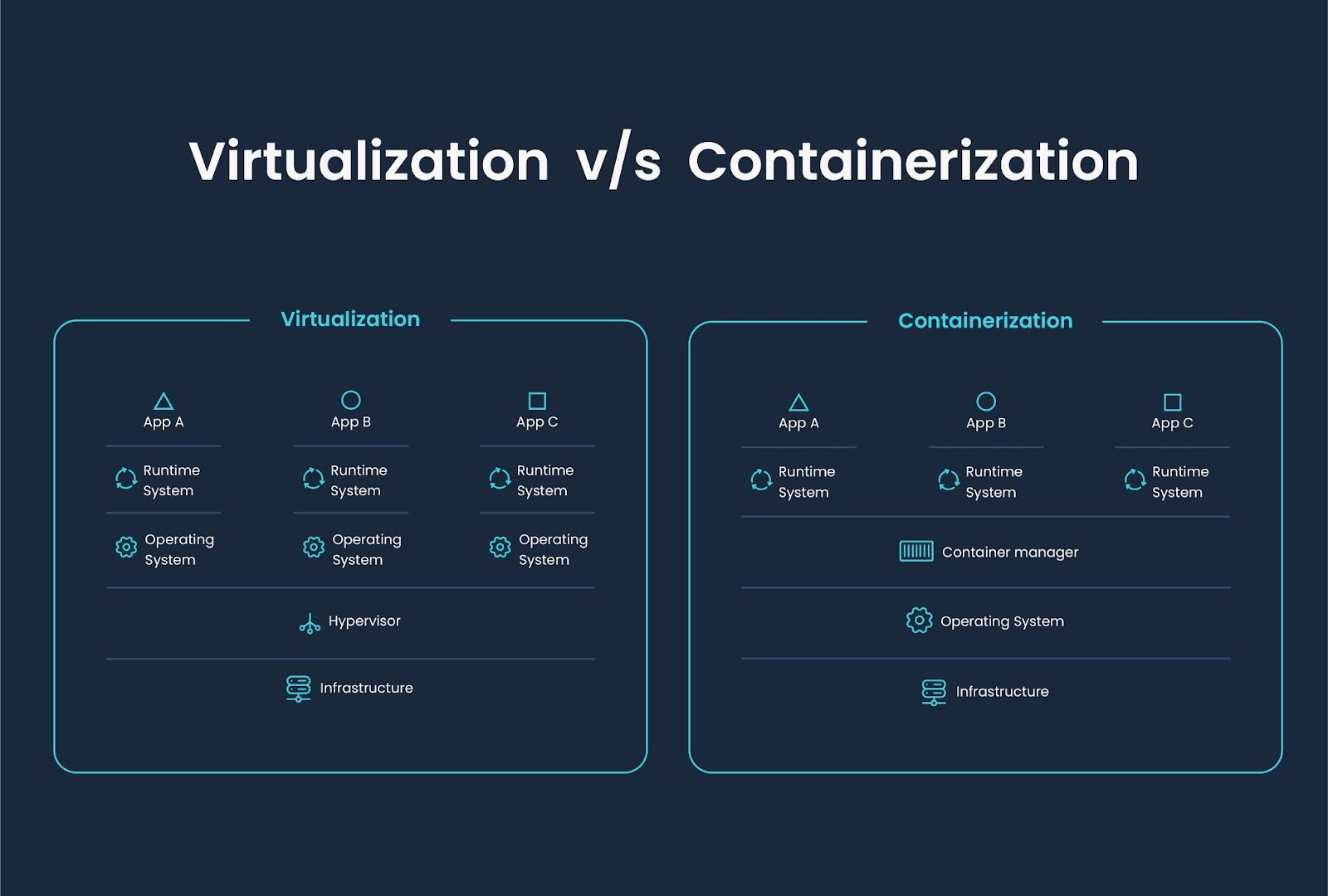The Future of Voice Assistant
Personalization
One of the key trends in the future
of voice assistants is personalization. As AI technology improves, voice
assistants will be able to recognize individual voices and respond to each
user's specific preferences and needs. This will allow voice assistants to
provide more personalized recommendations and suggestions, making them even
more valuable for everyday tasks and activities.
Additionally, voice assistants will
become more integrated with other devices and services, allowing them to
provide a more seamless and personalized experience across different platforms.
For example, a voice assistant could learn your commuting routine and automatically
adjust your alarm and traffic updates accordingly.
Contextual
Understanding
Another important development in the
future of voice assistants is contextual understanding. As natural language
processing technology improves, voice assistants will be better able to
understand the context of a conversation and respond accordingly. For example,
a voice assistant could understand the difference between a question about the
weather and a request to play a specific song by the band Weather Report.
This contextual understanding will
make voice assistants more intuitive and responsive, allowing them to provide
more accurate and relevant information and services. Additionally, it will make
voice assistants more conversational and natural, enabling users to interact
with them in a more human-like way.
Multimodal
Interaction
Another key trend in the future of
voice assistants is multimodal interaction. As voice assistants become more
integrated with other devices, they will be able to provide a more immersive
and interactive experience. For example, a voice assistant could respond to a
question about a recipe by displaying a video or image of the dish on a
connected screen.
This multimodal interaction will
enable users to engage with voice assistants in a more dynamic and engaging
way, making them even more useful for tasks such as cooking, exercise, and
entertainment.
Greater
Integration with IoT
Finally, the future of voice
assistants will be characterized by greater integration with the Internet of
Things (IoT). As smart home devices become more ubiquitous, voice assistants
will become the central hub for controlling and managing them. This will enable
users to control their lights, temperature, security, and other connected
devices using just their voice.
Additionally, voice assistants will
be able to provide more personalized recommendations and suggestions based on
data collected from IoT devices. For example, a voice assistant could suggest
turning off the lights in a room when it senses that nobody is there, or
adjusting the temperature based on the user's preferences and behavior.
The future of voice assistants looks bright, with advances in AI, natural language processing, and voice recognition technology enabling greater personalization, contextual understanding, multimodal interaction, and integration with the Internet of Things. As voice assistants become more sophisticated and capable, they will become even more integral to our daily lives, helping us to be more productive, efficient, and connected. As such, it is essential for companies and developers to continue innovating in this space, and to prioritize the privacy, security, and ethical considerations of this technology.




Comments
Post a Comment